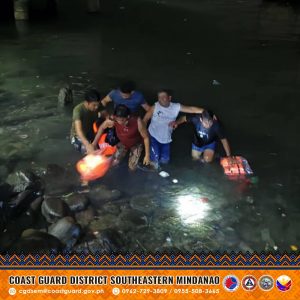The City aims to curb the number of children-in-conflict-with-the-law after the proposed Transformative Program for Children at Risk Ordinance was passed on second reading on Tuesday’s regular session.
The proposal was tackled by the committee on peace and public safety, chaired by Councilor Mabel Sunga Acosta, and the committee on women, children and family relations under Councilor Avegayle Dalodo-Ortiz Omalza.
The measure seeks to prevent children-at-risk in becoming children-in-conflict-with-the-law, especially “programs and policies are leaning more toward rehabilitation rather than prevention.”
Fulgencia Autida, the supervisor of Bahay Pag-Asa, a halfway house for troubled kids, confirmed that there are cases of violence involving children mostly committed at home, in schools, communities and even in cyberspace.
The Davao City Children and Women Center supported the measure as there are various forms of violence where specific protection policies and mechanisms are necessary “because it may affect a child’s physical, emotional and social well, being, among others.”
If passed, the City Social Services and Development Office will be mandated to provide programs such as child-parent education “in order for the latter to enhance their capacity to raise their children in a healthy, loving and nurturing environment and in a manner that is consistent with the child’s normal growth and development.”
The proposed measure also proposes community-based centers for children-at-risk under the program Children at Risk Transformative Community-Based Center.
The funds needed for the implementation will be taken from the City Mayor’s Office while succeeding funds will be included in the annual and supplemental budgets.
The ordinance also mandates the creation of a technical working group composed of the City Mayor’s Office; Committee on Peace and Public Safety; Committee on Women, Children and Family Relations; Davao City Police Office; Liga ng Barangay; City Social Services and Development Office; Council for the Welfare of Children; Davao City Special Office for Children’s Concern; Department of Education-Davao City; and a representative from a non-government organization.



